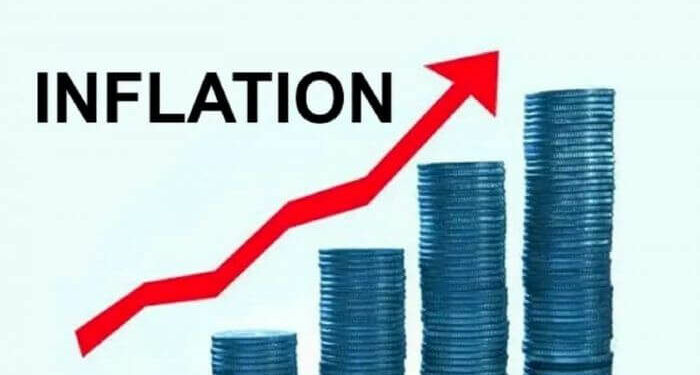
This is as the agency updated its outlook of Nigeria from stable to positive due to possible reversal of the deterioration in the country’s fiscal and external position because of recent reform efforts.
It, however, stated that the affirmation of Nigeria’s Caa1 rating reflects its weak fiscal and external position.
PUNCH Online reports that Caa1 is a credit rating given by Moody to countries and businesses, to guide investors.
It said, “The affirmation of the Caa1 rating reflects Nigeria’s still weak fiscal and external position; the reform efforts may not be enough to improve its credit profile given Nigeria’s outstanding credit weaknesses.
“Increasingly high inflation generates spending pressure on the government and raises social risks, while the extent of fiscal relief from the removal of the oil subsidy remains unclear at this stage. Similarly, the outlook for oil production and external funding inflows remains key for any sustained improvement, but at this juncture remains uncertain.
“More broadly, policy coordination to fight inflation and preserve macroeconomic stability is hampered by institutional constraints, including the absence of reliable data that would support effective policy-making.”
Expanding on inflation, the rating agency worried that elevated inflation is putting pressure on the government’s interest and primary spending.
It added, “In Nigeria’s challenging economic and social environment characterised by widespread poverty and social inequalities, social unrest due to worsening inflation could yet derail or reverse the reforms.”
It further noted that the unification of the foreign exchange windows and devaluations of the naira is the first step to addressing the country’s foreign exchange shortages and supporting its external rebalancing.
The removal of oil subsidy, it stated, combined with the unification attempt and other policy changes has the potential to improve the country’s fiscal and external conditions, which will in turn boost its credit profile.
It declared that the combination of the naira’s devaluation, totalling 42 per cent against the US dollar since the beginning of the year, and higher petroleum prices due to the removal of the subsidy, pushed inflation to 27 per cent in October.
According to Moody, the foreign exchange reform and fuel subsidy removal will eventually bode well for the economy.
It stated that the FX reform will help better satisfy foreign exchange demand and reduce distortions in the economy that have deterred foreign investment and provided arbitrage opportunities.
It added, “It also supports the country’s balance of payments, both above (import compression) and below (foreign investment) the line of the current account.
“In the meantime, Moody’s estimates that the naira’s devaluation has limited negative impact on government finances. The negative effect on debt, 37 per cent of which is denominated in foreign currency, is partly offset by higher local currency-equivalent revenue from oil proceeds.”
Oil subsidy removal will help alleviate the government budget deficit, the global rating agency noted.





